Preparing Your Body For Pregnancy: Podcast Episode #84
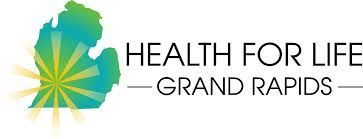
Dr. Nave now works with queens through her virtual practice Hormonal Balance. We talk this time about how a woman can prepare her body for pregnancy. You can listen to this complete podcast episode on iTunes or SoundCloud. Alyssa: Hello! Welcome to another episode of Ask the Doulas Podcast. You have Kristin and Alyssa here […]
How Sleep Deprivation Impacts New Parents
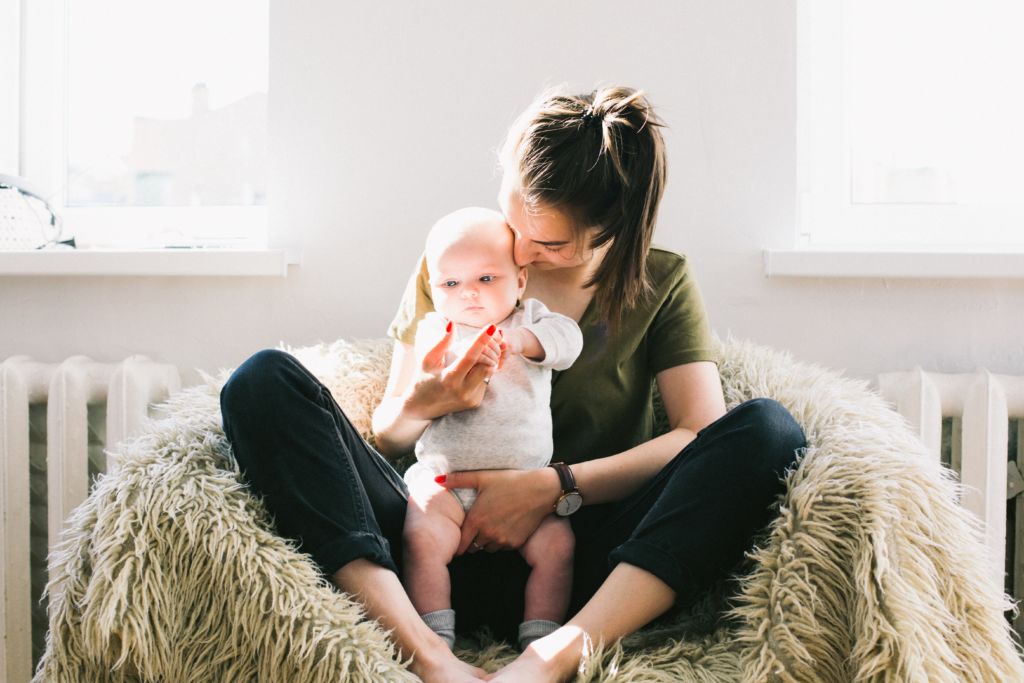
Becoming a parent is one of the most exciting and scary milestones of a person’s life. It’s likely your emotions will run the gamut from excited anticipation and joy, to fear of the unknown and uncertainty about what’s ahead and how you’re coping with parenthood. Managing night time feeds, tending to your baby throughout the […]
Supporting a Postpartum Mother: Podcast Episode #79
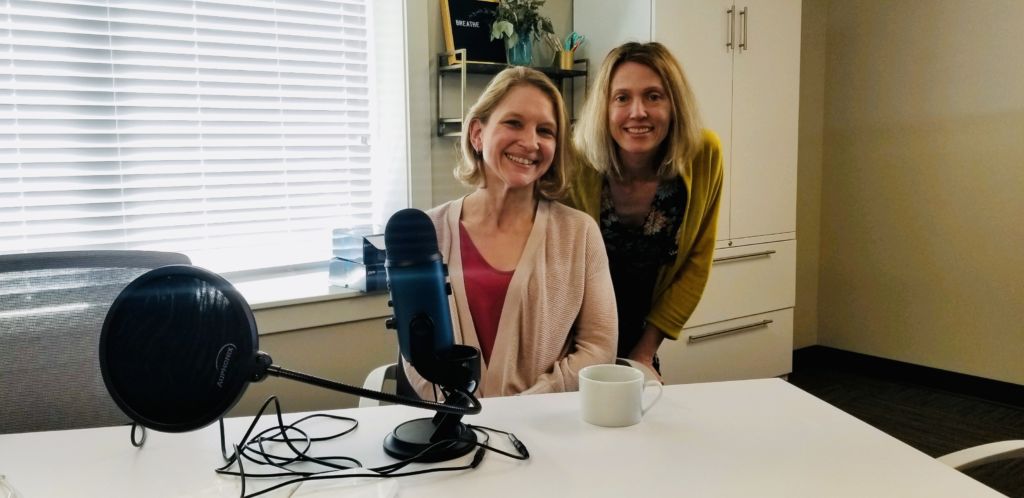
Elsa Lockman, LMSW of Mindful Counseling talks to us today about how partners, family members, and other caregivers can support a mother during those critical postpartum weeks to ensure she seeks help if needed. How do you approach a new mother and what are her best options for care? You can listen to this complete […]
Meet our new doula, Jen!
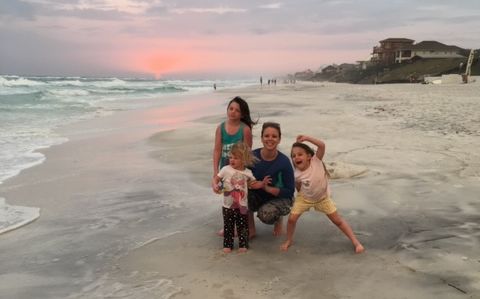
Meet Jen Serba, our newest postpartum doula. She filled out our standard Q&A so let’s get to know her a little better! 1) What did you do before you became a doula? I began my medical career 17 years ago when I became a Medical Assistant (MA) fresh out of high school. I was […]
Jamie’s Breastfeeding Experience: Podcast Episode #76
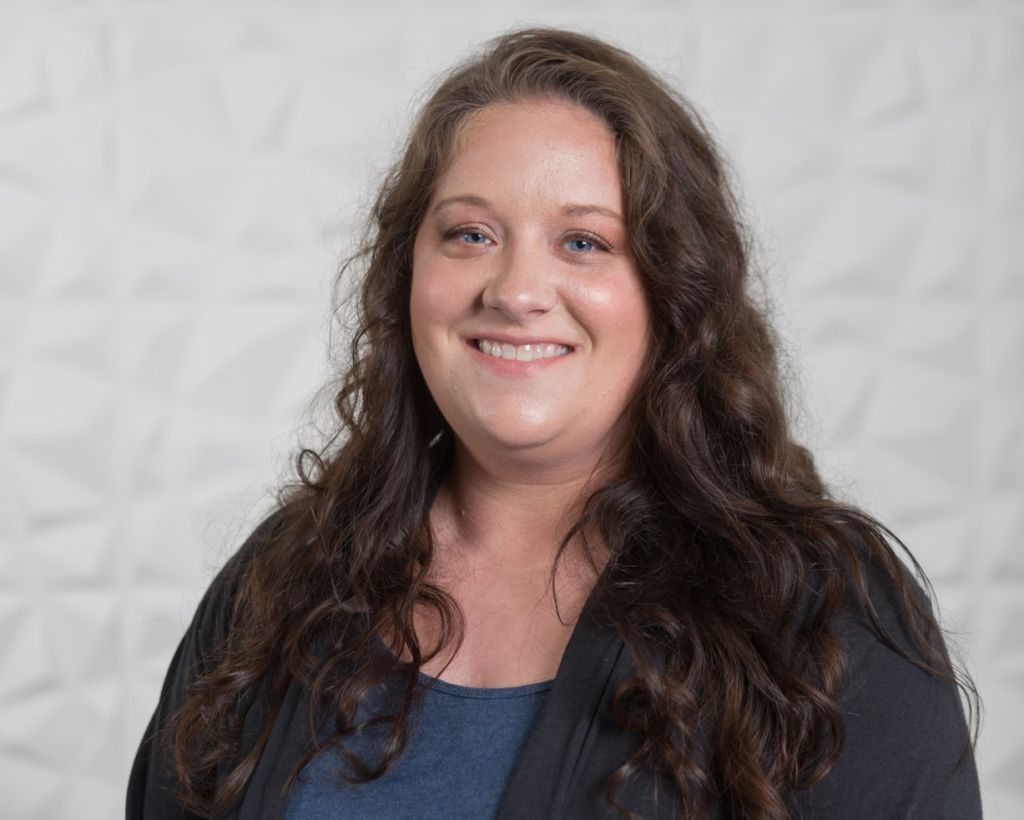
Jamie Platt, Birth and Postpartum Doula with Gold Coast Doulas, tells us about three completely different breastfeeding experiences with her three children. This podcast was recorded over a year ago, and Jamie is now a certified lactation counselor. You can listen to this complete podcast episode on iTunes or SoundCloud. Alyssa: Hi, welcome to another […]
HOW TO TAKE A SOCIAL MEDIA BREAK ON MATERNITY LEAVE
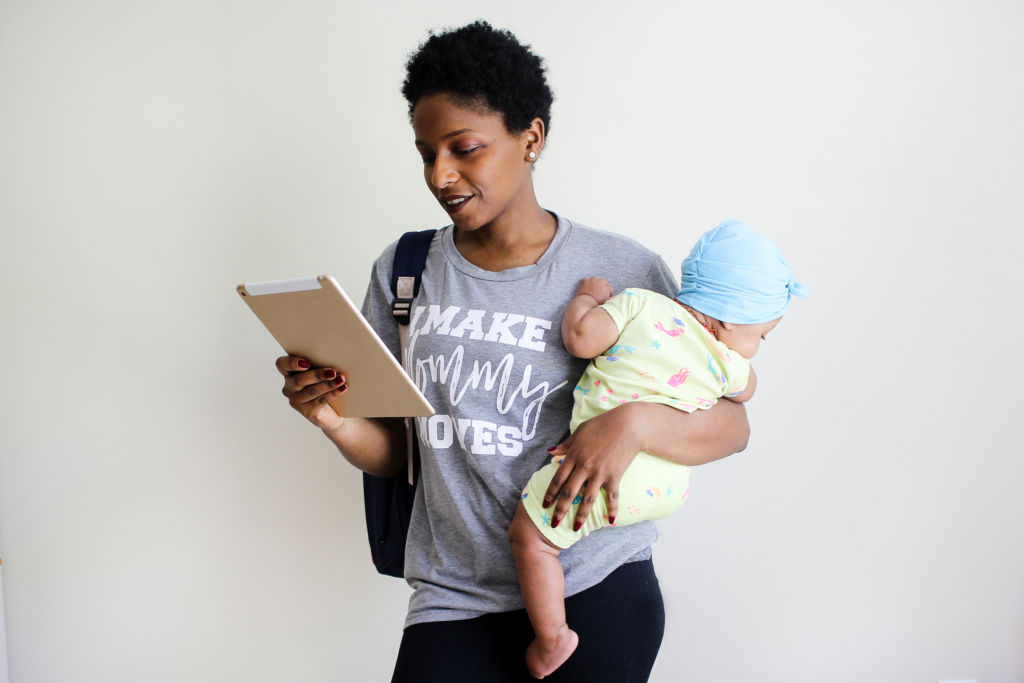
We are so very excited to share this guest blog with you because not only is the author an amazing mother and entrepreneur, but she is also a past client. With over 10 years experience in social media strategy and digital marketing, Chris found her purpose after having her daughter. Pre-baby, she was a self-proclaimed […]
Benefits of A Postpartum Doula and Why Should You Hire One?
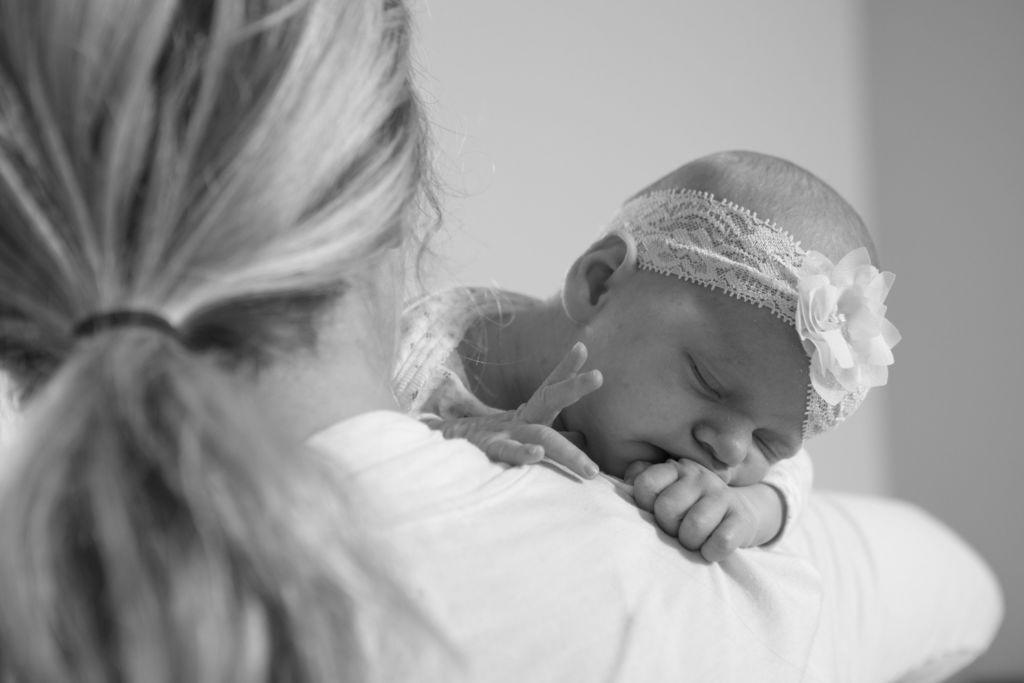
Author Bio: Roselin Raj is a journalist and a writer. She has been writing extensively on health and wellness related topics for over a decade. Besides her professional interests, she loves a game of basketball or a good hike in her free time to fuel her spirits. “Health is wealth” is one motto of life […]
Postpartum Support for Business Owners: Podcast Episode #74
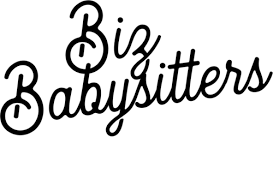
On this week’s episode of Ask the Doulas, we chat with Chris Emmer, owner of Biz Babysitters, about postpartum life and owning your own business. You can listen to this complete podcast episode on iTunes or SoundCloud. Alyssa: This is Alyssa. I am recording with Chris Emmer again. Welcome to the Ask the Doulas Podcast. […]
Car Seat Safety: Podcast Episode #72
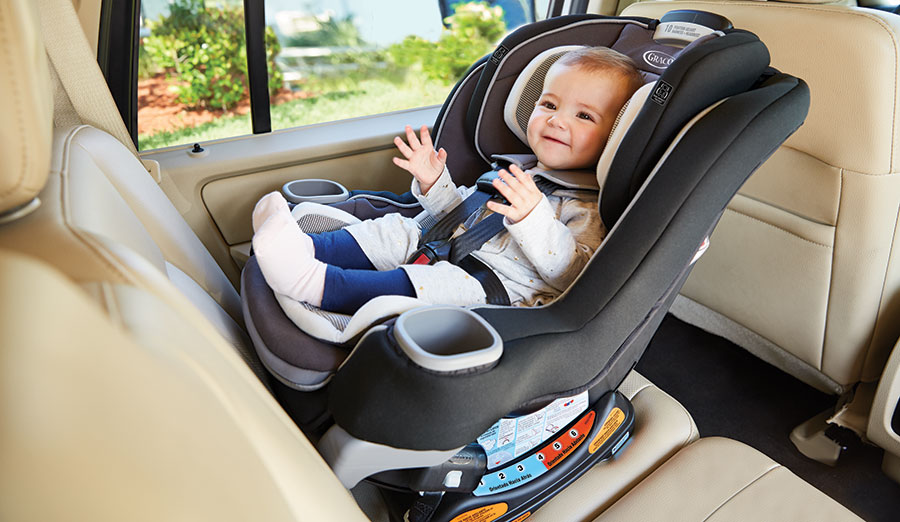
Today we talk to one of Gold Coast Doulas’ Birth and Postpartum Doulas, Jamie Platt. She is a Certified Car Seat Technician and gives parents some helpful tips about what’s safe and what isn’t. You can listen to this complete podcast episode on iTunes or SoundCloud. Alyssa: Hi, and welcome to another episode of Ask […]
Podcast Episode #71: Bedrest Support
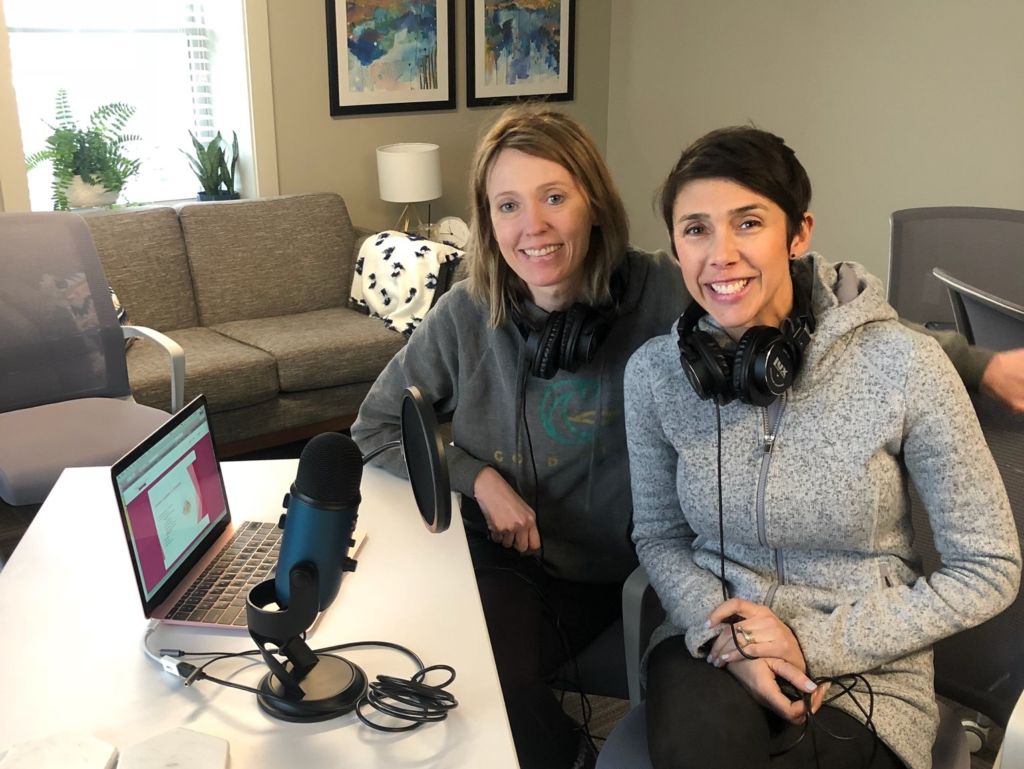
What the heck is an antepartum doula? Well, it basically means bed rest support for mothers who are high risk. But a bed rest doula can also help families that aren’t necessarily on bed rest. Maybe a mom needs help running errands, finding community resources, preparing for baby showers, putting away gifts, nesting! Listen and […]
Podcast Episode #69: Postpartum Fitness
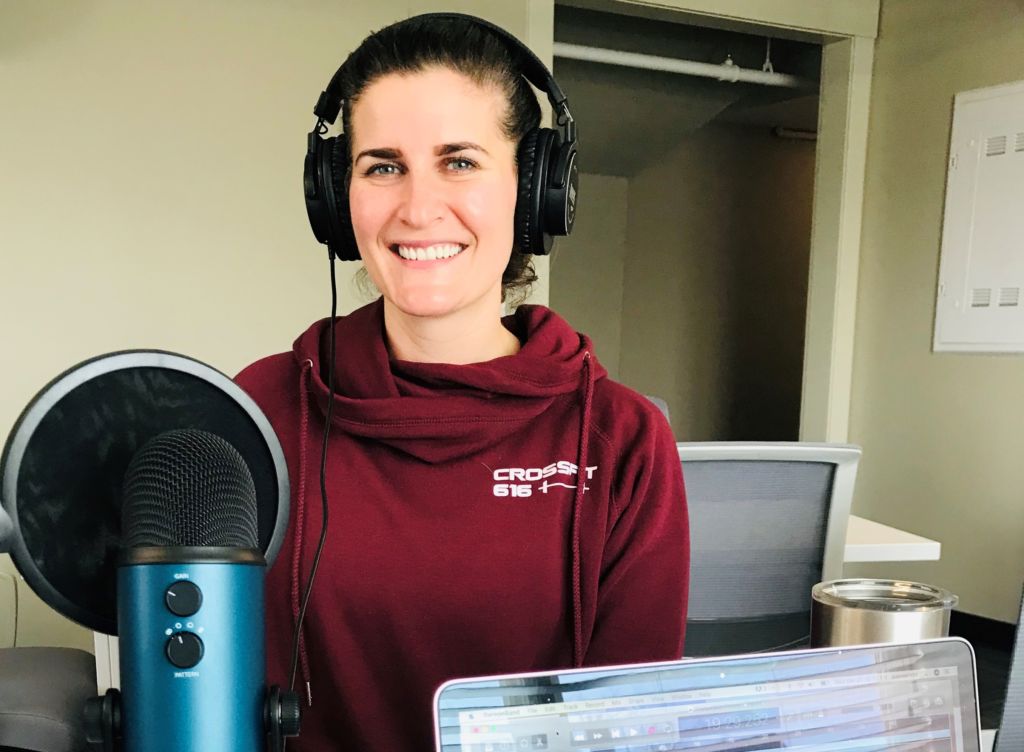
Today we talk with Dr. Theresa, Chiropractor and BIRTHFIT Instructor in Grand Rapids, Michigan. We ask her about what’s safe for a pregnant and postpartum mom to be doing and why having a supportive tribe around is so important. You can listen to this complete podcast episode on iTunes or SoundCloud. Be sure to listen […]
Your Trusted Birth Team

We all know that becoming a parent is difficult, but most first time parents don’t really have a full understanding of how hard it will be until they’re in the midst of it. They may encounter fertility struggles or miscarriages; they realize that planning during pregnancy takes a lot of work; they have to find […]
Podcast Episode #68: Overnight Doula Support
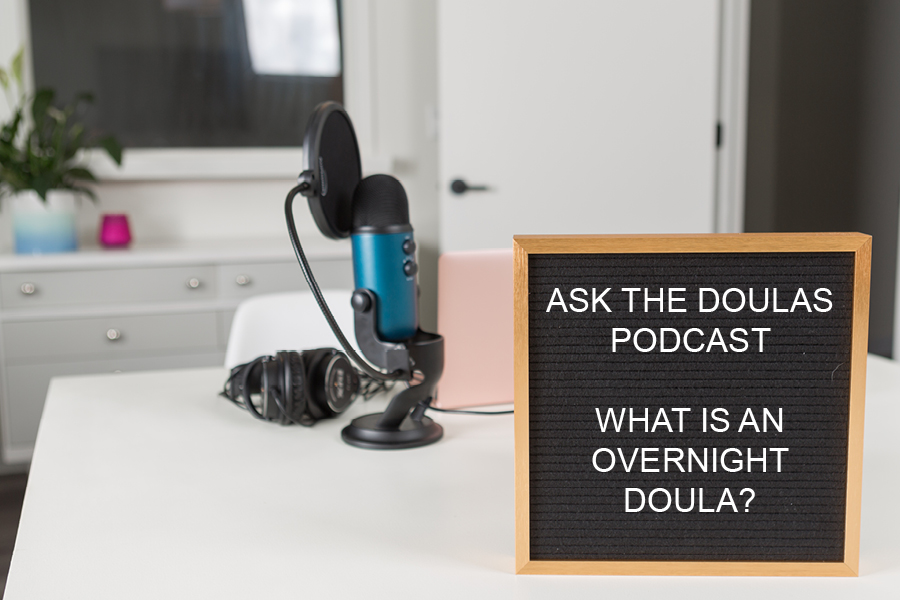
Many of our clients and listeners don’t fully understand what overnight doula support looks like. Kristin and Alyssa, both Certified Postpartum Doulas, discuss the kinds of support their clients look for and how their team of doulas support families in their homes. You can listen to this complete podcast on iTunes or SoundCloud. You can […]
Technology and Mindfulness for New Parents

Technology is an amazing tool that we use daily for our work and personal lives, but it can also be the thing that drags us down. We need it, we love it, but we hate it. It’s time we take a good look at our data usage and figure out what’s draining us. Why not […]
How Much Does a Doula Cost?

With all of the expenses that accompany pregnancy and—eventually—parenthood, it’s natural to be concerned about your budget when considering hiring a doula. So, how much does a doula cost? Prices vary widely and depend on the specific role of your doula, since there are both birth doulas and postpartum doulas. Their hours, rates, and responsibilities […]
Podcast Episode #61: Postpartum Wellness
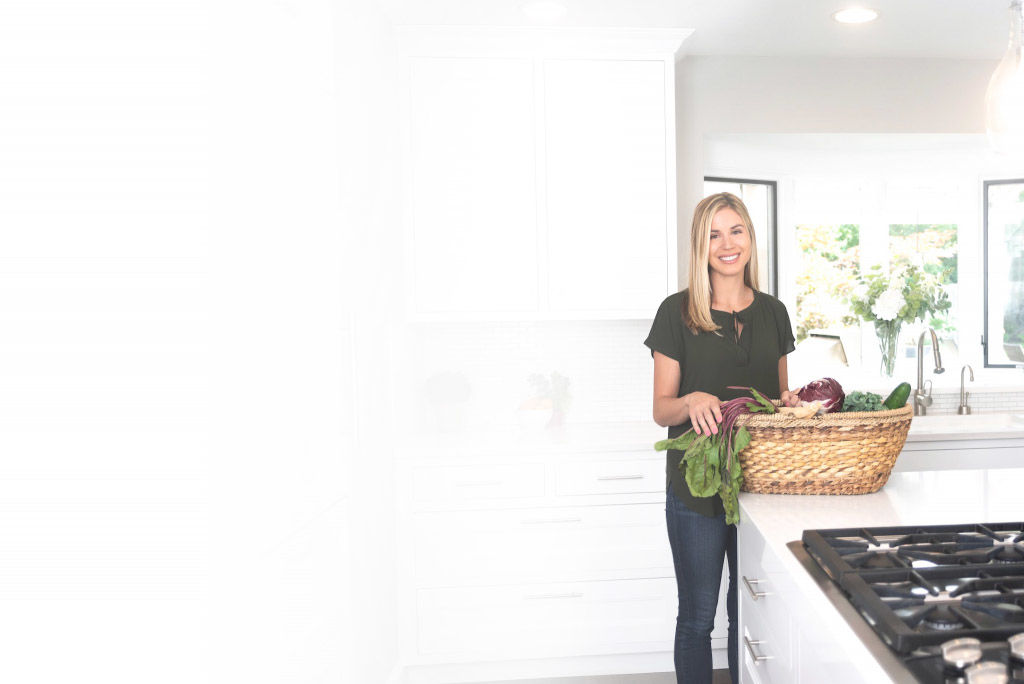
Dr. Erica of Root Functional Medicine gives moms some tips about staying healthy through pregnancy and into the postpartum period. We also talk about her upcoming Postpartum Wellness class on March 7. You can listen to this complete podcast episode on iTunes or SoundCloud. This podcast episode is sponsored by LifeFuel, providing healthy meal delivery […]
Podcast Episode #60: A Naturopath’s Perspective on Pregnancy and Depression
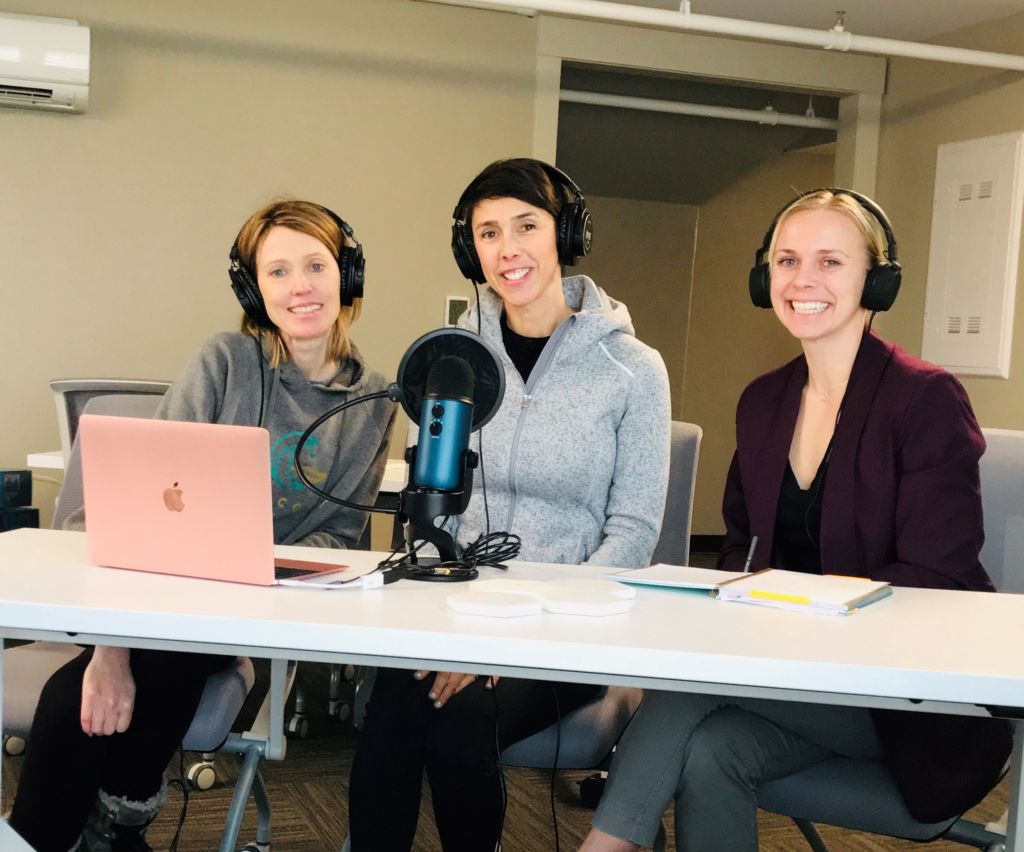
Doctor Janna Hibler, ND talks to Alyssa and Kristin about how a naturopathic doctor treats pregnant and postpartum women, body and mind. You can listen to this complete podcast episode on iTunes and SoundCloud. Alyssa: Hello, welcome to Ask the Doulas podcast. I am Alyssa Veneklase, co-owner of Gold Coast Doulas, and I am here […]
Doula Support for Adoptive Families
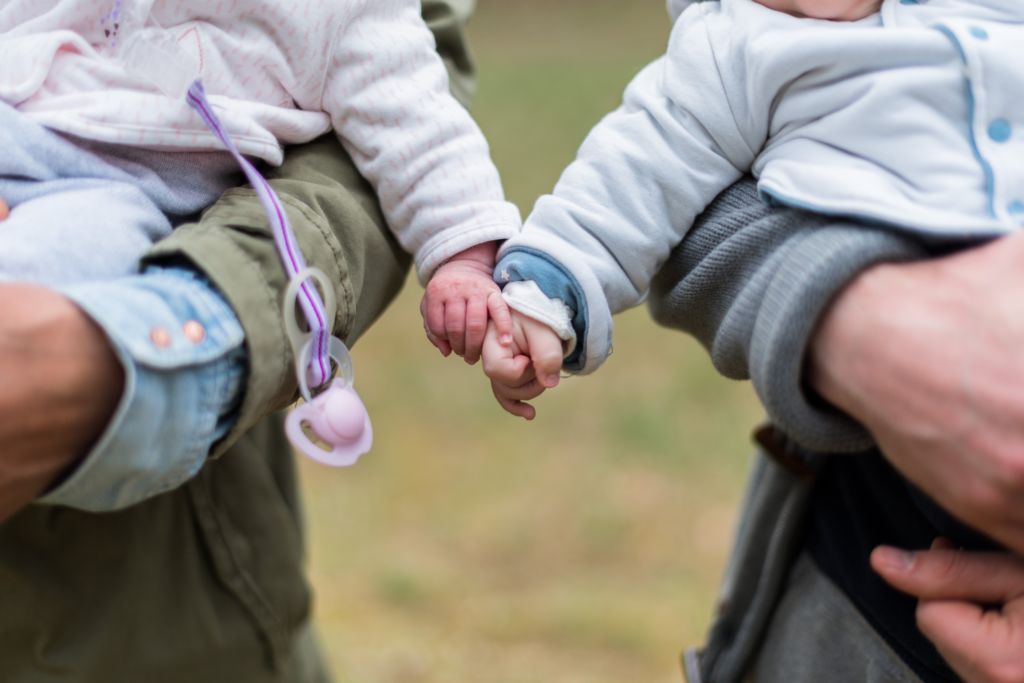
Most parents probably don’t think about hiring a doula if they aren’t pregnant. They think of a birth doula only supporting a laboring mother, but that couldn’t be farther from reality. Birth doulas can support any parent. Postpartum doulas can support adoptive families by helping them to prepare for baby’s arrival and in-home after baby […]
Podcast Episode #56: Traveling Postpartum Doulas
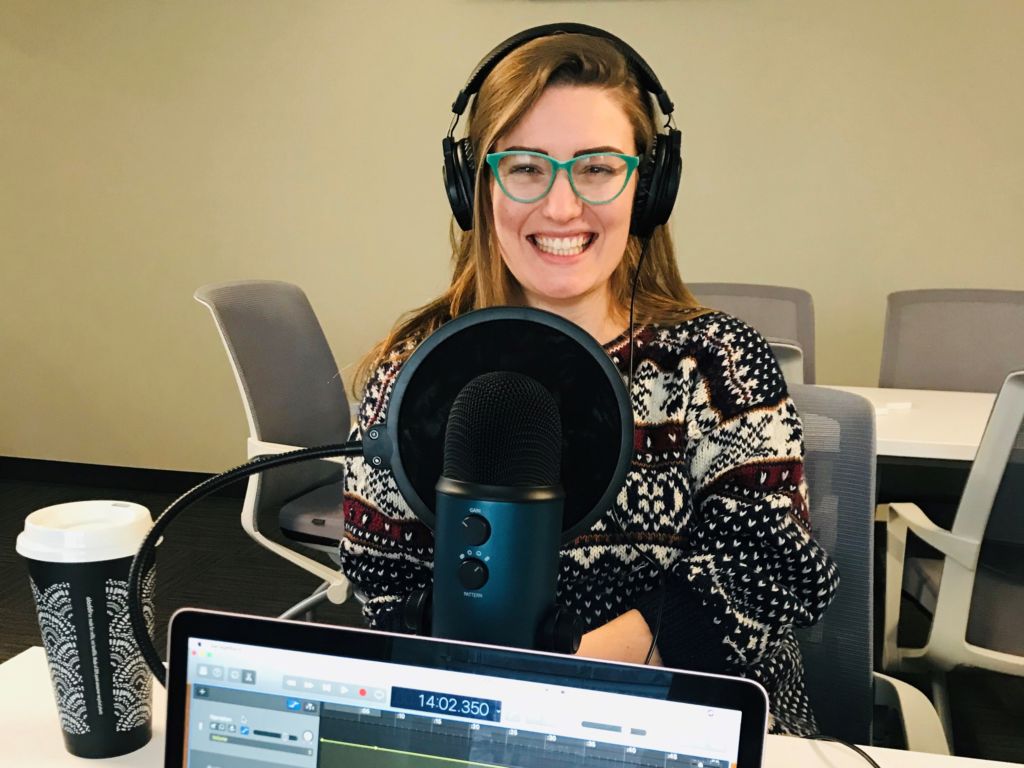
Will a postpartum doula travel? Yes, at Gold Coast they do! Today we talk to Kelsey Dean, a Certified Birth and Postpartum Doula, about her experience in California and in Michigan traveling with families as a postpartum doula and what that looks like. You can listen to this complete podcast episode on iTunes or […]
Sleeping Through the Holidays

Right when you get your child on a good schedule something inevitably comes up that makes it difficult to stay on track. We just went through the dreaded daylight savings (the worst for adults too!). Right now we are in the midst of the holidays. Here are some sleep tips for keeping your children’s sleep […]
Podcast Episode #51: Carrie’s Birth and Postpartum Story
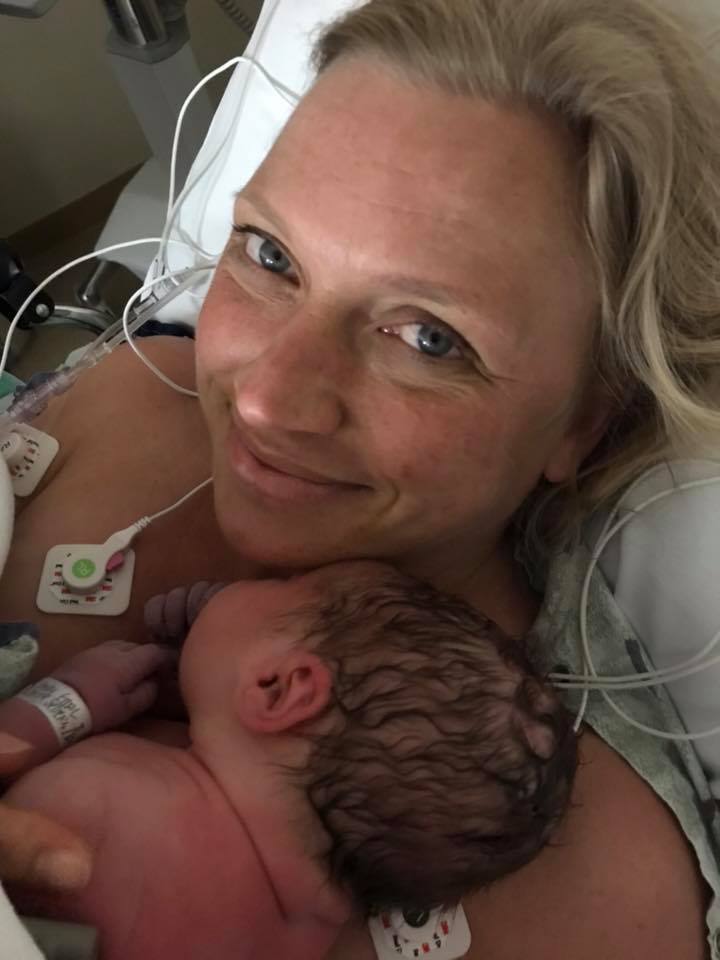
One of our clients describes her pregnancy, labor, and delivery and how having birth and postpartum doula support saved her sanity. You can listen to this complete podcast on iTunes or SoundCloud. Alyssa: Hello! Welcome to another episode of Ask the Doulas. I am Alyssa, and I’m super excited to be talking to one […]
Podcast Episode #48: Bri’s Postpartum Story
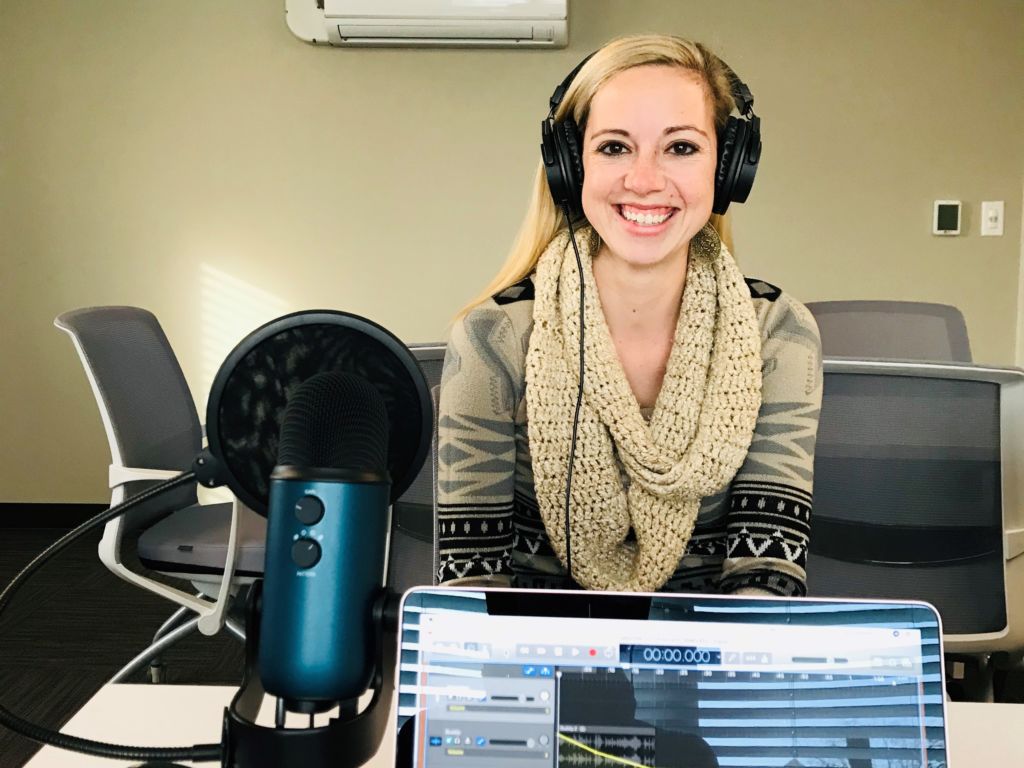
In this episode our dear friend, Bri Luginbill of BetterBodyImageConference.com tells us about her struggle with depression and anxiety before, during, and after pregnancy. You can listen to this complete podcast episode on iTunes or SoundCloud. Alyssa: Welcome to another episode of Ask the Doulas. I’m Alyssa, and today I’m so excited to be talking […]
Meet Kelsey, our newest Certified Postpartum Doula!

1) What did you do before you became a doula? I have always secretly been a doula, just in other facets. Before becoming a doula, I ran a mental wellness day center in northern California, and I also worked at an emergency youth shelter looking to reduce rates of domestic violence, child abuse, and human […]
Podcast Episode #45: Babywearing
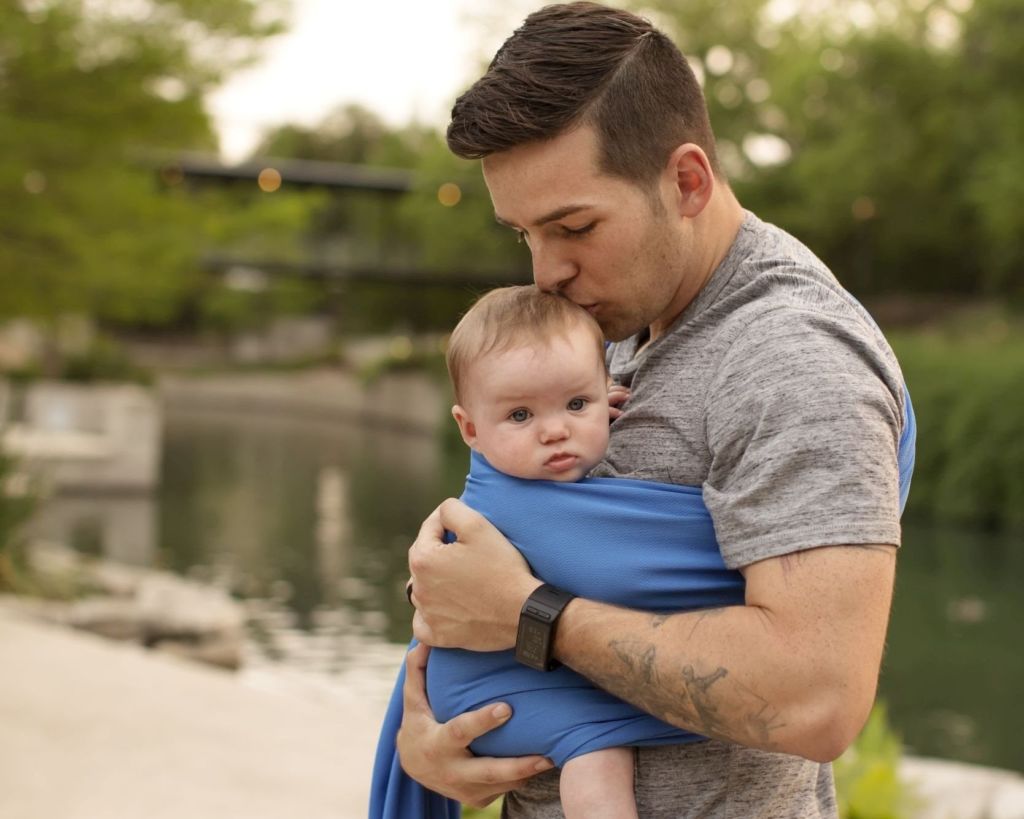
What are the best baby carriers and wraps? Can you wear twins? Today we talk to babywearing expert Marissa Berghorst, owner of EcoBuns Baby + Co in Holland, Michigan. You can catch this complete podcast episode on iTunes and SoundCloud. Alyssa: Hello again! Welcome back to Ask the Doulas. I am Alyssa Veneklase, co-owner and […]
